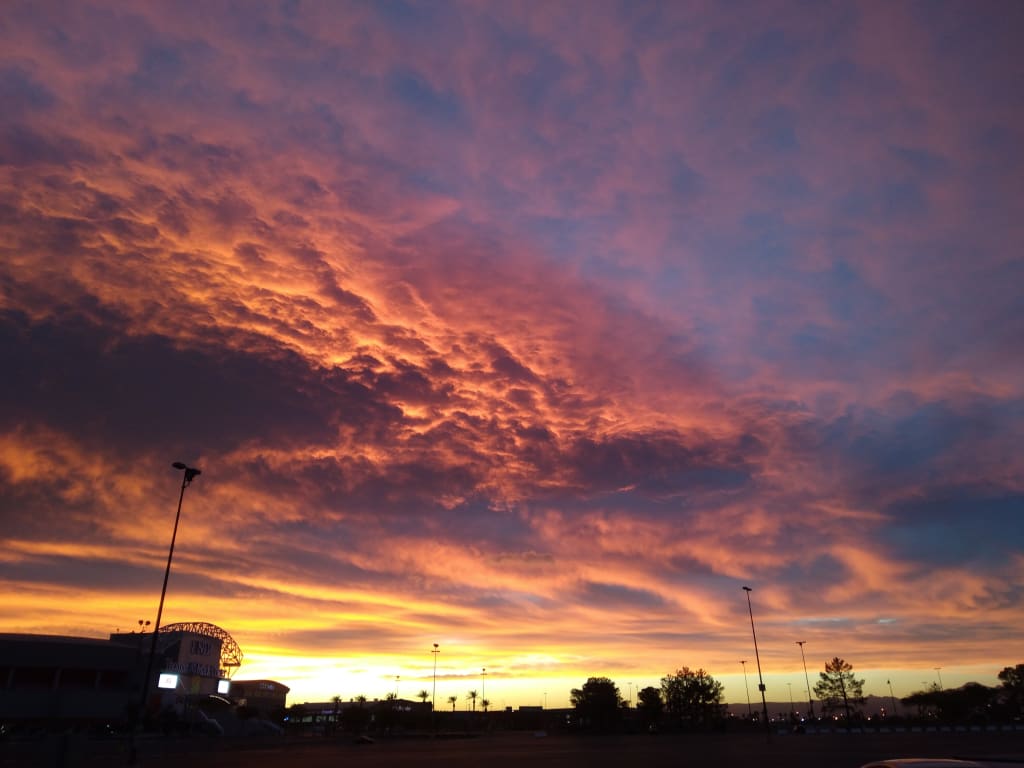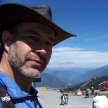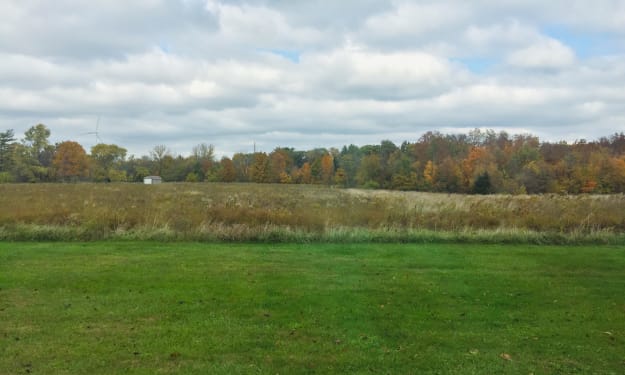The Population Issue first draft
food for thought

I know I need to finally make myself concentrate long enough to write the comprehensive answer to the basics behind your inquiry. I've needed to do that for years. I'll only touch on the important topics here and then copy this to my growing draft that's essentially a collection of essays addressing all the issues we face.
Long ago, I took everything off the table in terms of ideologies and preconceived notions and all the nonsense of mainstream society. Analysis of scientific data and scholarly work in addition to my own analysis and investigations shows that the current situation is untenable.
First, try this exercise. Think about what the Earth was like 200 million years ago, then jump to 65 million years ago, then fast-forward to 3 million years ago (early human ancestors now exist), then leap forward to 12,000 years ago (find modern humans of about 6 races globally starting to engage in agriculture). Next, jump to the year 5,000 and find human societies starting to create a written record of their activities and history and fast-forward as they build stone structures, establish 'civilizations' of various types to circa the year 1,700. Then begins the ongoing series of industrial revolutions, including the current one we may call the electronic age. From 1,700 to the present, the population goes from a manageable 0.6 billion to an unmanageable population of > 8 billion and growing.
At this point, I add reference to the scientific and scholarly works of Rachel Carson, Carl Sagan, Jane Goodall, E. O. Wilson, and Paul Ehrlich for starters. In addition, I add reference to proceedings of scientific conferences including Emerging Contaminants in the Aquatic Environment and the newer version, Emerging Contaminants in the Environment, and Energy 2030 for starters. There is a vast amount of documentation to reference, but these are valuable references that I've personally read, reviewed, and/or attended.
I formulated 2 ways to address the issue of population and both point to a sustainable level being < 3 billion. In brief, the first analysis is based on 'the economy'. Though definitions vary, a few years ago it was shown that only about 2.5 billion of 7.5 billion people at the time lived above poverty level in terms of income. Numbers vary today, but sticking with that data, the majority of people are simply existing and literally clawing a living out of the planet. When we dig deeper, we can see that a significant part of the jobs that exist in 'the economy' are make-work jobs that only exist because people engage in materialistic, unhealthy lifestyles as well as occupations that are being or will be eliminated as new technologies are implemented. Examples are the entire tobacco industry, the loan industry, and industries creating junk nobody needs and 'disposable' stuff better left unproduced. Therefore, what I see in this, is that 'the economy' of a healthy, technologically-advanced society will support far fewer than 3 billion people.
The second way I see of establishing a sustainable population goal is to start with the amount of arable land available. That figure I found to be 7.5 billion acres (U Wisc publication) and decreasing, mainly due to urban sprawl and erosion. Based on the demonstrated and visible degradation of the environment, we need to restore ~half of that acreage for many reasons, including human health, habitat restoration [humans are the main cause of this ongoing 6th mass extinction], natural carbon capture and storage, and viability of the water cycle. That leaves 3.75 billion (and decreasing yearly) acres for human uses and food production. Based on food production data that I found that shows that the acreage needed to feed one person ranges from 0.5 to 2.5 acres, depending on the quality of diet and methods used, I settled on 1 acre/person for food production to allow something better than a minimal survival diet (imagine the consternation of the entitled crowd of today at being given only the bare-minimum survival diet). With acreage for cities, industrial zones, roads, recreational areas and other human uses removed, that leaves us with the acreage needed to feed ~ 3 billion people.
So, from two greatly different starting points we find a sustainable population target maximum of ~3 billion.
This is a great exercise and is, I believe, the starting point we need people to embrace globally. An important part of this is an accompanying discussion about quality of life and how that is defined (a big topic for another essay).
After this, I find it necessary to delve into topics regarding reasonable, healthy (mentally and physically), sustainable lifestyles and technologies to formulate a viable strategy for us to implement now and, hopefully, achieve something close to creating a sustainable, healthy, technologically advanced population on a recovering planet by the year 2100.
I have nightmares about what is actually happening as the ongoing downward spiral of society and the condition of the environment continues to decline visibly.
I'll stop for now because each topic that comes to mind takes an essay to address (war, debt, abortion, chemical pollution, pharmaceutical products in the environment, habitat destruction, battery waste, carbon dioxide, hunger, invasion/immigration, extinctions, ecosystems disappearing, automated vehicles, landfill practices, zero waste, diseases, political corruption, human behavior, indifference, and more). It's a huge set of essays bouncing around my head being edited constantly. A coherent, comprehensive version may be what society needs to read, but there are already volumes out there addressing each topic individually and sets of topics that society has long ignored or reads and then fails to take appropriate actions. It's why I continue to separate and cannot identify with an indifferent and wasteful population.
Thanks for reading, bro. It's good to start to find my voice again.
About the Creator
Thomas Durbin
Raised in rural east-central Illinois, I appreciate nature and the environment. I'm a father, grandfather, professional engineer-scientist, leader, scouts leader, coach, stoic, minimalist, costumer, historian, traveler, and writer.






Comments
Thomas Durbin is not accepting comments at the moment
Want to show your support? Become a pledged subscriber or send them a one-off tip.